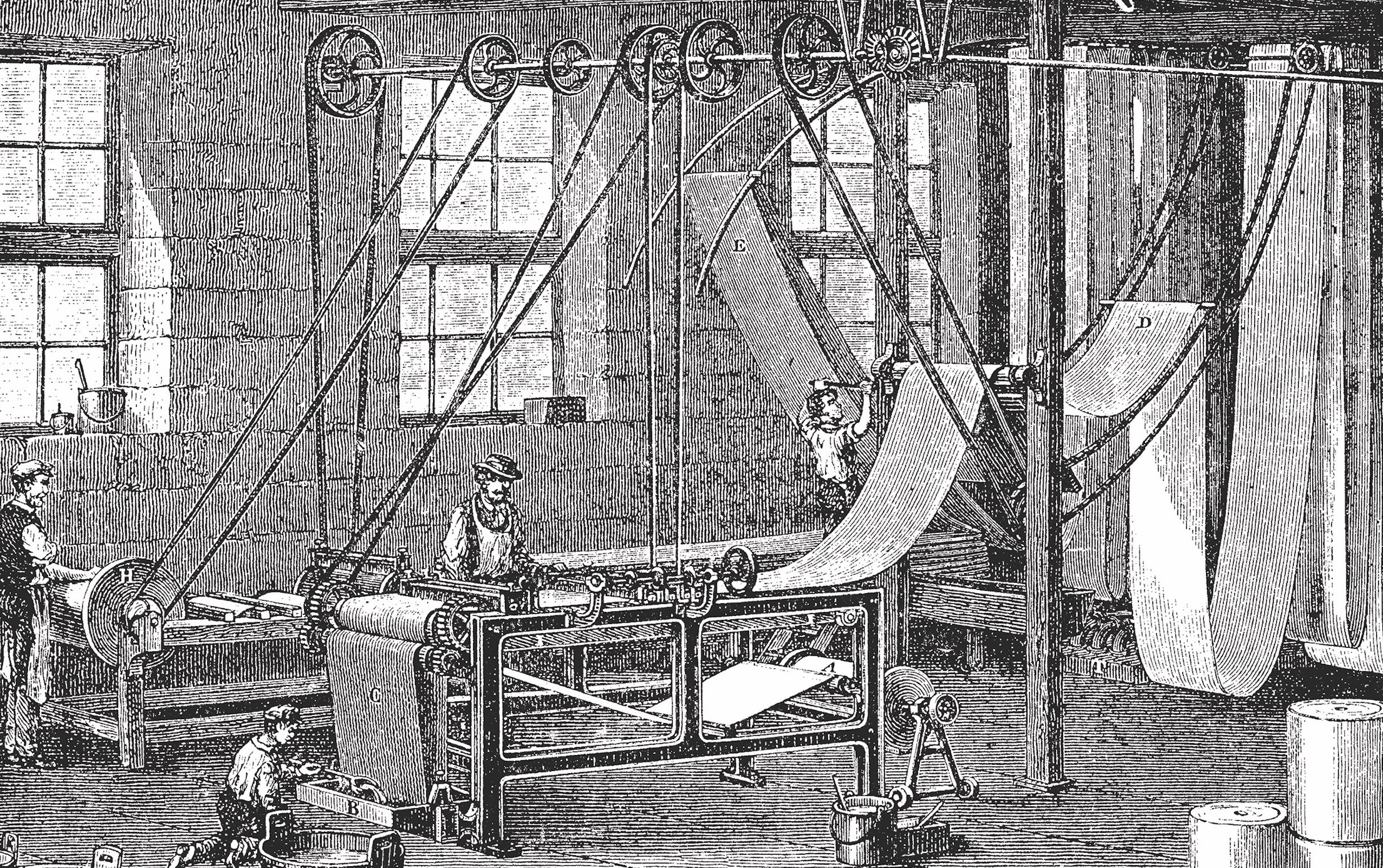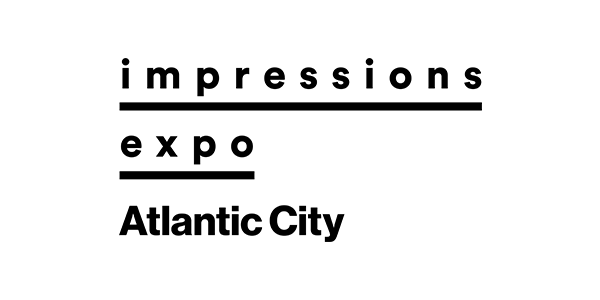In his seminal work on economics, Adam Smith famously cited the fact that while a single worker could, at best, produce a couple of dozen pins per day, a coordinated team of workers could produce thousands. Factor in the efforts of the countless workers involved in the mining, processing and shipping of the raw materials required for the manufacture of said pins, and you soon find yourself negotiating a network of seemingly infinite complexity.
Fast forward to today’s decorated apparel industry and the extent of these same kinds of networks becomes truly staggering, as is evident in the connections outlined in Rick Roth’s article on the 2025 FESPA trade show in Berlin, Germany, this past spring. Not only that, but draw back the curtain, as it were, on pretty much every other article found in Impressions magazine these days, and you’ll see more of the same. Ink, thread, steel, computer chips, blank apparel, you name it—the component parts that form the backbone of each and every article is the product of a global supply chain of mind-numbing complexity.
Global Trade Drives Productivity, Excellence
Even in those cases where it makes sense to “buy American,” you are rarely, if ever, buying American exclusively, and if even if you are, one of the reasons things are as well made as they are domestically these days is because U.S. manufacturers know there is a whole world out there nipping at their heels. Anyone else remember the days when the “Big Three” had a stranglehold on U.S. auto sales? Not good!
Granted, global trade is not without its downsides—thus, the need for organizations like the World Trade Organization. At the same time, though, it’s important to not let the perfect be the enemy of good. Another concept championed by Smith is the idea of “enlightened self-interest.” The key word here is “enlightened,” not just with respect to one’s own immediate needs, but the economy as a whole.
Ed Note: For some additional thoughts on the decorated apparel industry, global trade and the current economic outlook, click here.





